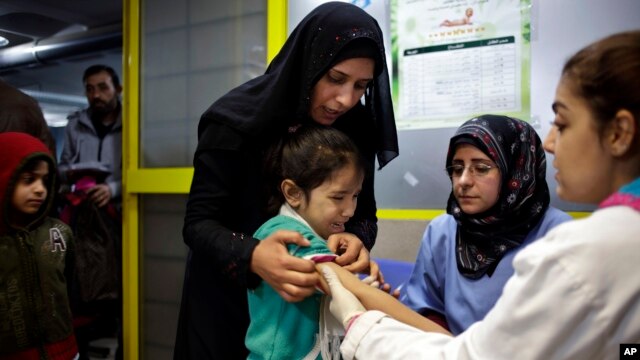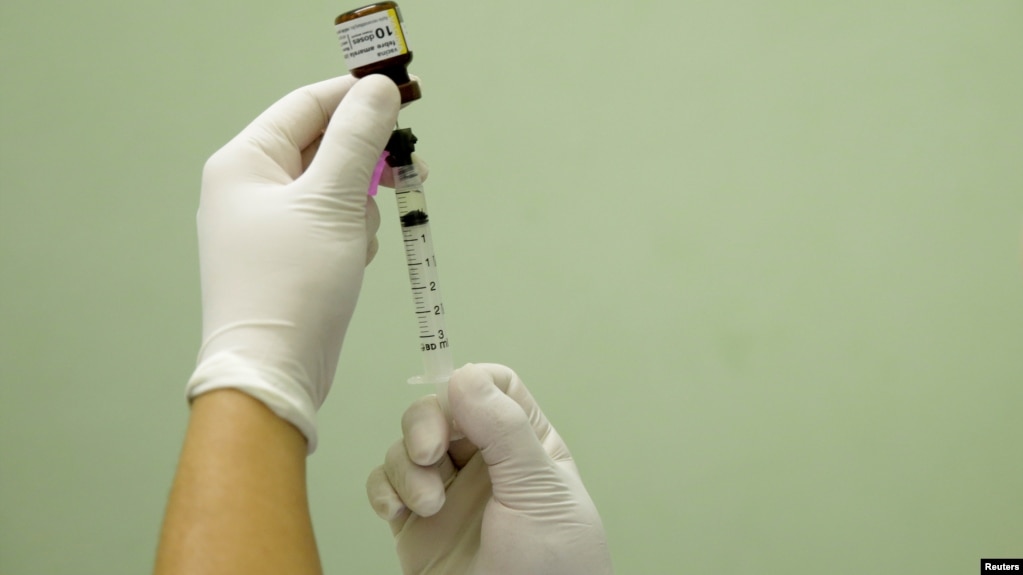Posted on April 16, 2013 by Charles Q. Choi

Amazing what scientists are working on. Read more @ Making vaccines not need refrigeration | National Academy of Sciences

Left) The genetically modified viral protein; the inserted peptides are marked with a blue arrow. (Middle) The viral particle. The blue areas represented the inserted peptides. (Right) The viral particle, with the grey shell representing a layer of calcium phosphate. Credit: R. Tang et al., PNAS.
Millions of deaths happen each year from vaccine-preventable diseases because vaccines break down from heat and developing countries often lack ways to properly refrigerate them. Now researchers suggest eggshell-like coatings can make vaccines more thermally stable.
Amazing what scientists are working on. Read more @ Making vaccines not need refrigeration | National Academy of Sciences





